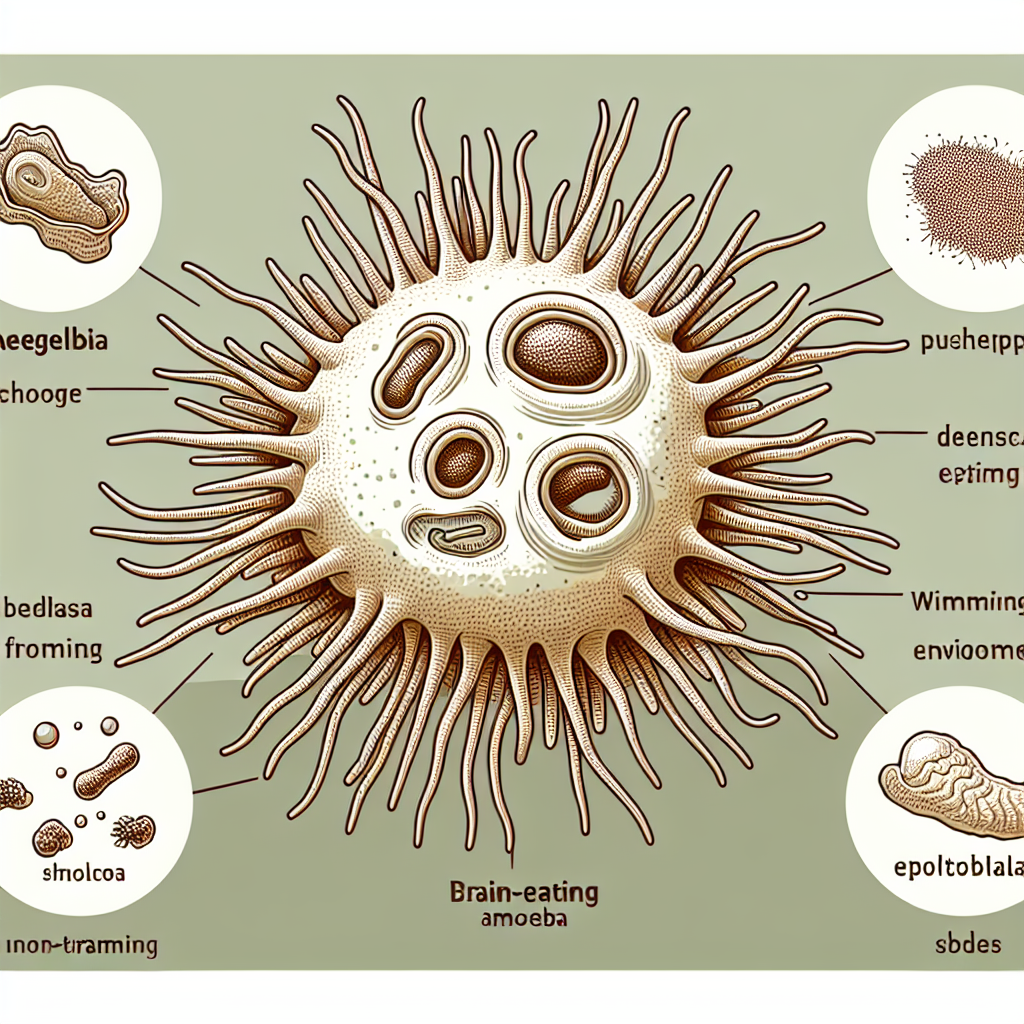Kerala on Alert: Rising Threat of Brain-Eating Amoeba
Kerala is battling a deadly outbreak of Primary Amoebic Meningoencephalitis caused by Naegleria fowleri, a brain-eating amoeba. The infection has claimed 19 lives recently. Health officials emphasize prevention through safety guidelines, as treatment remains complicated. Climate change may increase future risks by expanding the parasite's habitat.

- Country:
- India
Kerala is currently grappling with a rare yet deadly disease, Primary Amoebic Meningoencephalitis (PAM), caused by the Naegleria fowleri, commonly known as the brain-eating amoeba. So far, this microscopic parasite has claimed 19 lives in the region.
Naegleria fowleri thrives in warm freshwater sources like ponds, lakes, and poorly maintained swimming pools. When contaminated water enters the nose, the amoeba can travel to the brain, resulting in severe inflammation and tissue destruction. The progression of PAM is rapid, often resulting in death within one to two weeks of symptom onset.
As climate change poses a threat by potentially expanding the amoeba's habitat, Kerala's health officials are emphasizing the importance of preventive measures. People are encouraged to avoid swimming in stagnant water, use nose clips, and ensure proper pool maintenance to protect against this lethal infection.










